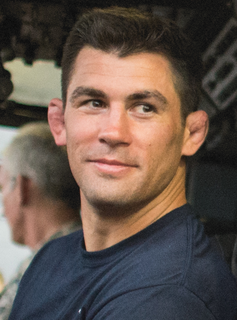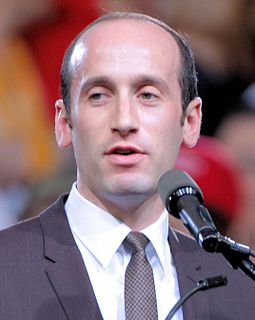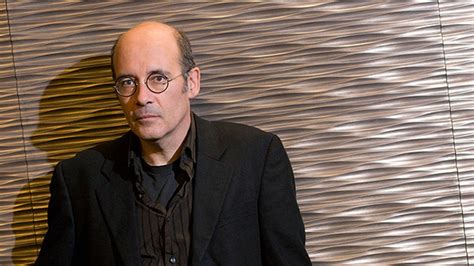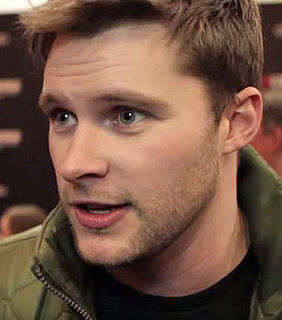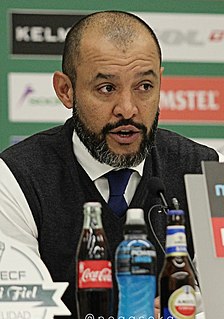A Quote by Rebecca Stead
I like the idea of a world, even within a big giant city, where you're not anonymous. You have an identity, and that's an identity that's known just sort of by shopkeepers. I felt that as a kid, and I loved it.
Related Quotes
The identity of just one thing, the "clash of civilization" view that you're a Muslim or a Hindu or a Buddhist or a Christian, I think that's such a limited way of seeing humanity, and schools have the opportunity to bring out the fact that we have hundreds of identities. We have our national identity. We have our cultural identity, linguistic identity, religious identity. Yes, cultural identity, professional identity, all kinds of ways.
When it comes to identity, that was an issue that plagued me for a lot of my life. It's something that I wanted to tap into. Film can really take you to other places, and sometimes that's necessary to understand your own identity or someone else's identity or just the issue of identity, in general. It takes you. It's borderless. It's boundless. It's universal.
I feel like I spent so much time trying to understand my identity and my identity as an artist. But when all is said and done, at this age, I feel the most like I felt when I was 11. And all those talents I had when I was 11 and 12 - I'm letting them sort of happen again. I can't speak for men, but for women - we go back to a kind of pre-adolescent state when we were superfree and supercool.
My ideal city is more like the city (New York and Paris come to mind, but it sort of applies to all) that existed up to and including the 1930s, when different classes lived all together in the same neighborhoods, and most businesses of any sort were mom-and-pop, and people and things had a local identity.
I was examining what religious identity meant in Africa. Along the edge of the Islamic world, what patterns were shaping identity? And the truth is, when I looked at the rise of violent forms of religion, no single identity was prevalent. It's central to note that in Nigeria, that tree is rooted primarily in Christianity. It's not just Islamic militants in the Middle Belt.
All third world literature is about nation, that identity is the fundamental literary problem in the third world. The writer's identity is insecure because the nation's identity is not secure. The nation doesn't provide the third world writer with a secure identity, because the nation is colonized, it's oppressed, it's part of somebody else's empire.
I think I started writing about identity, and I used to believe that identity is the story. But now I'm not so much subscribed to that. I mean, with 'Mr. Fox,' it has a feminist agenda as well. And so, as I sort of been away from writing about identity, I still feel that kind of tug of roots and, you know, cultural background.
If you embrace a project that will require time and patience, then you need something to work on. So the first step of the project is to create an identity. If you don't have an identity, then today you want this player and tomorrow another one. If you have an idea and a shape, then this is how you develop an identity.


